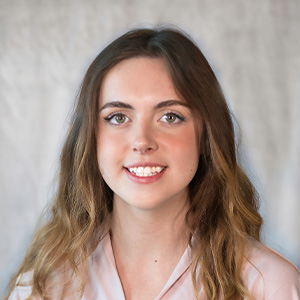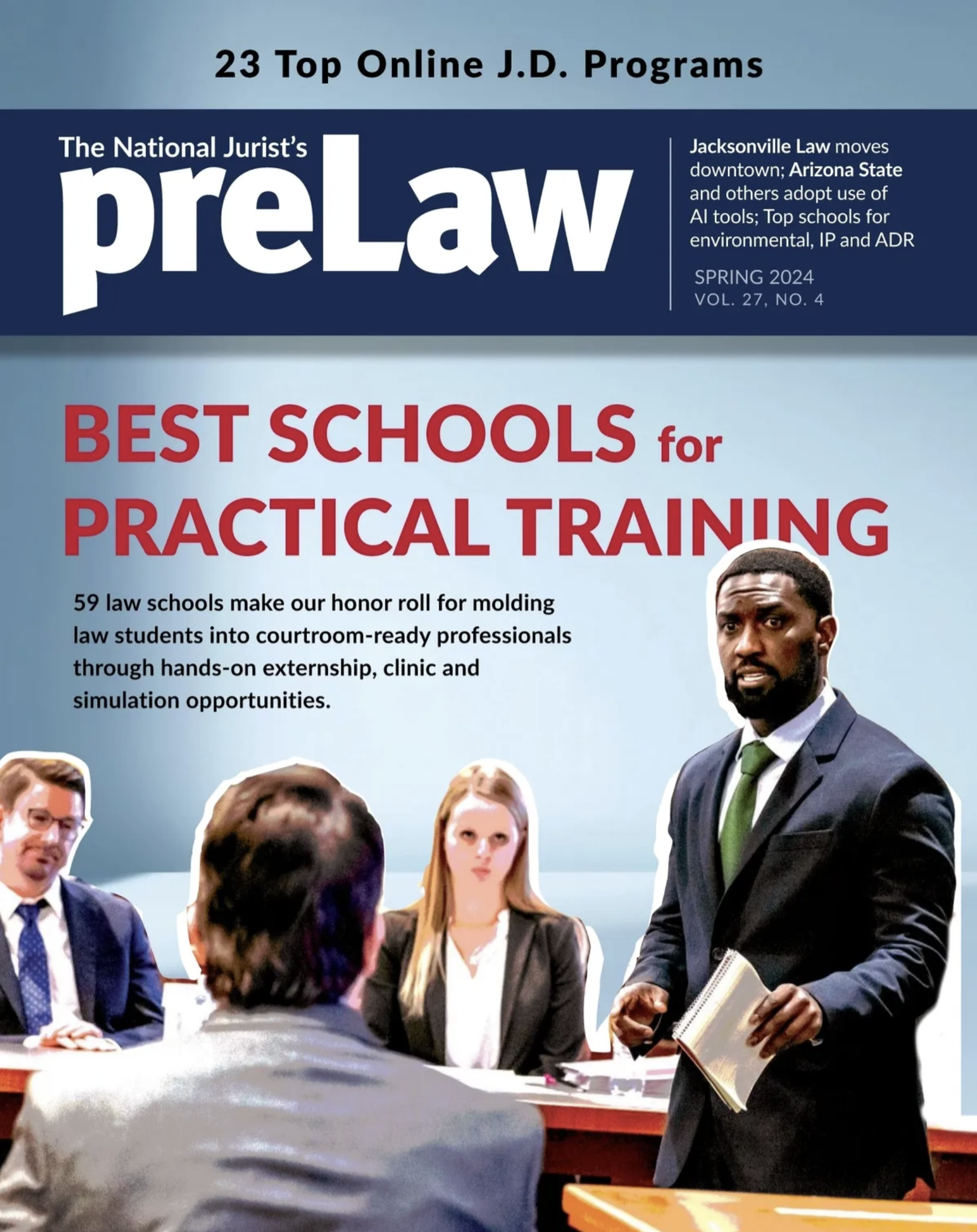A student group at Harvard Law staged a sit-in on Oct. 6 to bring attention to its call for more reproductive justice offerings at the school, and gathered 1,110 signatures for a demand letter.
The Harvard Law School Alliance for Reproductive Justice drafted the letter to demand the school implement a reproductive rights clinic, hire at least one full-time tenure-track law professor with a history of scholarship in reproductive justice and reproductive rights, and provide several lecture courses on reproductive rights and justice. The letter was submitted by the alliance on Nov. 1 and asked that the school responds by Dec. 1.
Student leaders in the alliance said that Harvard Law students have been pushing for more reproductive rights justice offerings for about a decade. With the recent changes from Dobbs v. Jackson Women’s Health Organization, they believed it was time to push a little harder in this 10-year-long fight.
“We have no consistent opportunity to practice this kind of law,” said Morgan Carmen, Vice President of the Alliance for Reproductive Justice. “We want the knowledge to be able to go out and practice it ourselves after law school but we don’t have any mentors here. We don’t have people who can supervise writing projects on reproductive rights and justice. We don’t have the opportunity to practice here. We want to be able to make an impact now, because this is such an important area of work, and those opportunities just simply aren’t available.”

Carmen and co-presidents of the alliance, Vandana Apte and Kirin Gupta, said that for years, students have been advocating for a clinic and additional courses at curriculum committee meetings, conducting research on potential faculty hires, circulating petitions with hundreds of student signatures, and hosting teach-ins and guest speaker events on reproductive justice, many of which were standing-room only.
Despite the research and efforts, the school has only added a few one-off electives with visiting professors. Yet, students feel that Harvard Law has the student demand, finances and resources to make these offerings happen.
“In a lot of ways, we feel that Harvard is playing favorites,” Apte said. “For example, at the same committee meetings, the Federalist Society will also come with their own demands. So last year, they came with the ask for a Religious Freedom clinic, and that ask was almost immediately granted. So there’s now a religious freedom clinic at HLS. So we feel like a bit like HLS is playing favorites, but we have hopes that they will now listen to us and that there’s a growing demand.”
Gupta said that the administration too easily defers action by creating more committees and more bureaucratic steps for students who want to see a change in the way the school is structured — even for what may be minor inclusions or curricular changes — when the topic is framed as “controversial.”
The students have been able to set up meetings with the deans to propose these ideas. During these meetings, they said they were asked to draft lengthy proposals on curriculum, and include surveys to distribute to the student body because a demand letter wouldn’t be enough.
“I definitely have felt, personally more pressure to try to get this the ball rolling, at least with the proposal before I graduate,” Apte said, who will be graduating this spring. “So I definitely think that it instills a sense of urgency in students. That’s a little bit unfair, because it’s a pretty large burden, especially in my last semester of law school to take on. But I do feel like an obligation to do this, because I feel like if we, as a class, don’t do it, then it might never happen.”
Carmen pointed out that the administrators regularly put together surveys to poll students and faculty. She feels their request for them to complete the task is part of getting students to jump through more hoops to make changes.
The demand letter states, “Although HLS markets itself to prospective students as having a broad range of clinics available, there is a glaring omission. Several other similarly-ranked law schools present reproductive rights clinical offerings, including Yale, NYU, and Cornell. Other law schools also have extensive programs and/or centers focusing on reproductive health law.”
Editor’s note: Vandana Apte, Kirin Gupta and Morgan Carmen also share their thoughts in a story on student activism that will be featured in the upcoming Winter National Jurist issue.








